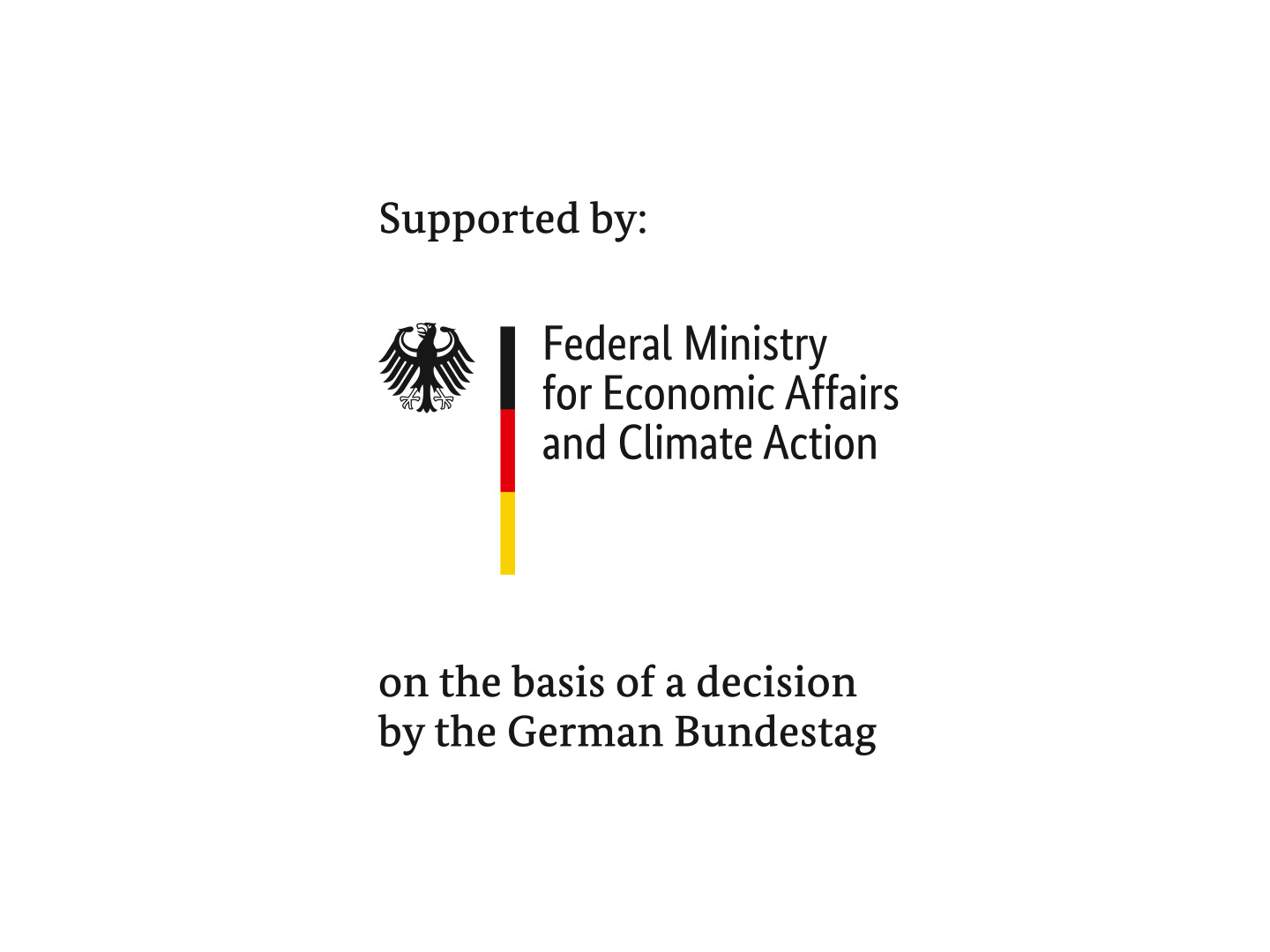Project objective: Developing more flexible and sustainable compressed air energy storage (CAES)
A new type of technology aims to make the use of compressed air energy storage systems cheaper, more flexible and more sustainable in the future. Within the framework of the joint research project “KompEx LTA-CAES® modular“ Fraunhofer UMSICHT and BOGE KOMPRESSOREN are developing a system technology for this purpose. A modular design and the combination of turbo- and piston machinery enable a site-independent use of the compressed air energy storage. The special feature of this low-temperature compressed air energy storage system is the use of the same machinery train for charging and discharging. In comparison to conventional compressed air energy storage systems with separated machinery units, a complete machinery train can be dispensed.
Fraunhofer UMSICHT develops the reversibly operable turbomachinery required for this purpose and is responsible for the overall design, economic evaluation and optimization of the entire plant. BOGE, the Bielefeld-located system manufacturer for compressed air solutions, develops and tests the reversibly operable piston machineries in parallel. The project creates the basis for the sustainable storage of electricity from renewable energy sources.
 Fraunhofer Institute for Environmental, Safety and Energy Technology UMSICHT
Fraunhofer Institute for Environmental, Safety and Energy Technology UMSICHT